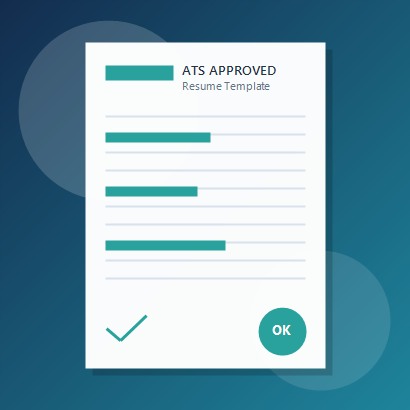7 Steps for Writing a Resume for Remote Jobs
Resume Optimizer Pro Editorial Team
Updated May 14, 2025

In recent years, the landscape of work has undergone a significant transformation, with remote job opportunities becoming increasingly prevalent. The rise of remote work has brought about a shift in the way job seekers approach resume writing. While many of the fundamental principles of resume writing remain the same, there are several key differences to consider when crafting a resume for remote jobs. In this comprehensive guide, we'll explore the unique aspects of resume writing for remote positions and provide actionable tips to help job seekers effectively tailor their resumes for remote opportunities.

Understanding the Remote Job Market
Before delving into the specifics of resume writing for remote jobs, it's crucial to have a clear understanding of what employers are looking for in remote candidates. Remote work requires a unique set of skills and qualities, including self-motivation, excellent communication abilities, and proficiency with digital tools. Highlighting these aspects in your resume can significantly enhance your chances of securing a remote position.
1. Highlight Remote-Related Skills
When applying for remote positions, it's essential to showcase your ability to work independently, manage your time effectively, and communicate efficiently over digital platforms. Be sure to highlight any previous remote work experience and emphasize skills that are relevant to remote work, such as proficiency in project management tools (e.g., Asana, Trello) and communication platforms (e.g., Slack, Zoom).
2. Emphasize Soft Skills
Soft skills play a critical role in remote work environments. Employers value traits such as self-discipline, initiative, and the ability to work independently. Use your resume to highlight specific instances where you successfully managed projects or led teams without direct supervision, demonstrating your capacity for self-management and initiative.
3. Showcase Your Technical Proficiency
Technical skills are essential for successful remote work. Your resume should detail your familiarity with digital tools and technologies relevant to remote work, such as cloud storage services, cybersecurity practices, and troubleshooting common hardware and software issues.
4. Include Results and Achievements
Employers want to see tangible evidence of your effectiveness in previous roles, particularly in a remote setting. Quantify your achievements to demonstrate your impact. For example, if you increased team productivity by implementing a new project management tool, include this accomplishment in your resume to provide concrete evidence of your ability to contribute positively in a remote work environment.
5. Adapt the Format and Design
A remote job resume should be visually appealing and easy to read on any device. Opt for a clean, professional design with a layout that's easy to navigate. Since your resume may be viewed on screens of varying sizes, use a mobile-friendly format to ensure accessibility and legibility across different devices.
6. Mention Your Remote Work Environment
If you have a dedicated home office or a setup that facilitates productive remote work, consider mentioning this in your resume. Providing details about your remote work environment reassures employers that you have a suitable setup for distraction-free work, which is essential for remote roles.
7. Be Specific About Your Location and Availability
For remote positions, employers may have preferences or requirements regarding your location due to legal, time zone, or operational reasons. Clearly state your location and your flexibility regarding work hours, especially if you're open to working in different time zones. This information can help align your profile with the employer's needs.
Crafting the Perfect Cover Letter
In addition to your resume, a well-crafted cover letter can further highlight your suitability for remote work. Use your cover letter to share stories about your remote work experience, how you've overcome challenges working remotely, and why you're passionate about remote work. A personalized cover letter can make a significant difference in how your application is perceived by employers.
Conclusion
Resume writing for remote jobs requires a tailored approach that emphasizes skills, soft skills, technical proficiency, and remote work experience. By following the tips outlined in this guide, job seekers can effectively showcase their suitability for remote positions and increase their chances of success in the competitive remote job market. With the right preparation and mindset, your resume can be the key to unlocking exciting remote work opportunities.


